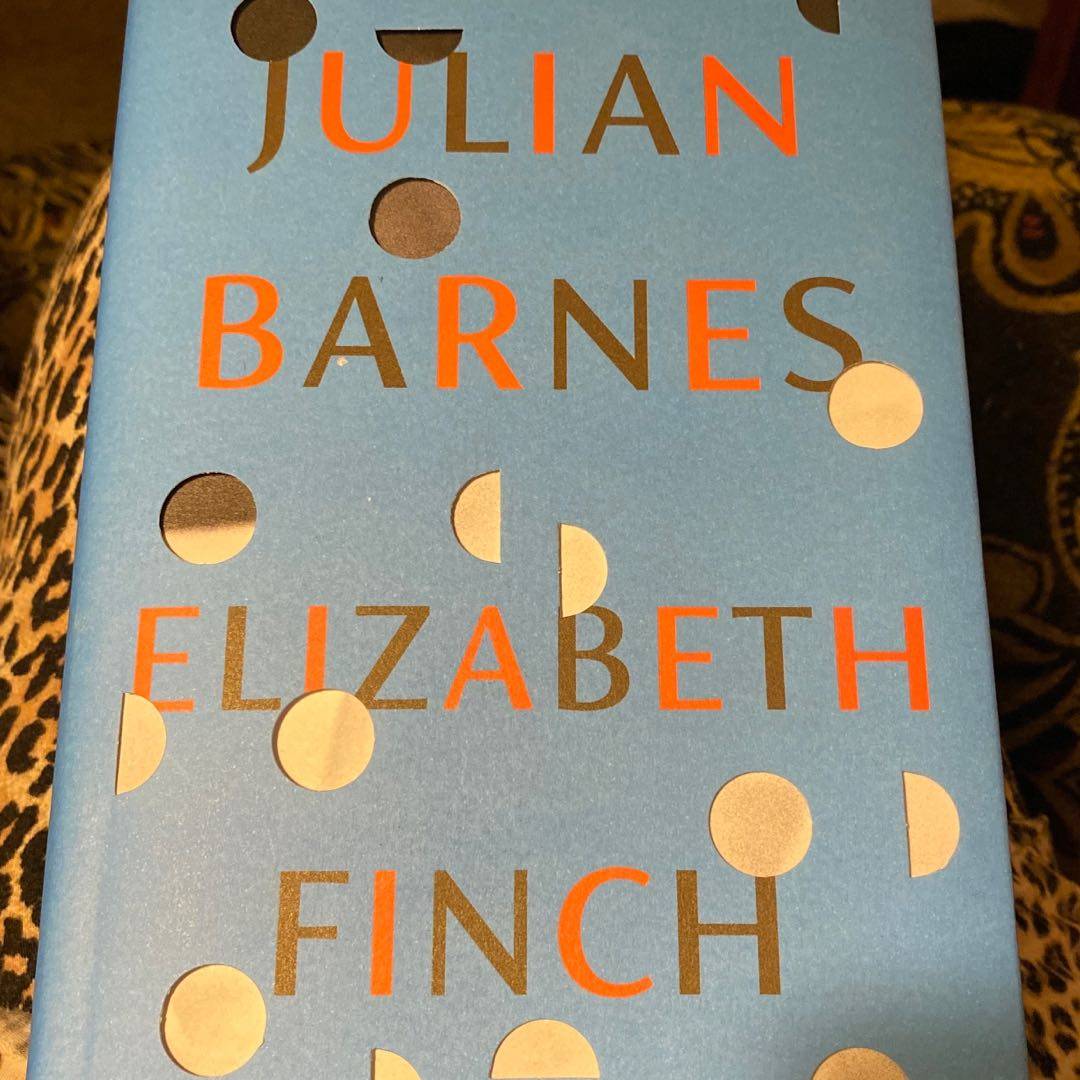
First Line Friday: “She stood before us, without notes, books or nerves.”

First Line Friday: “She stood before us, without notes, books or nerves.”
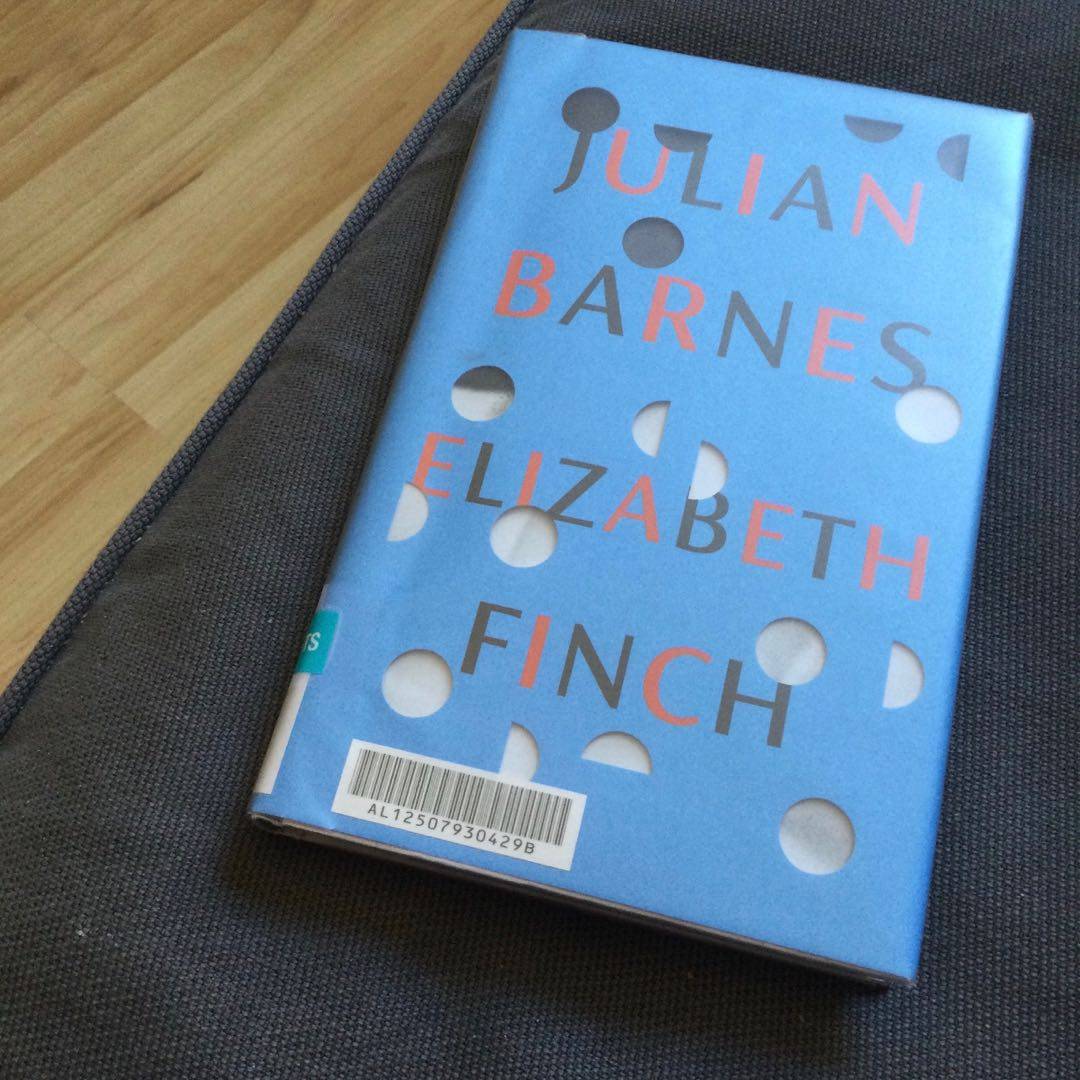
Beautiful writing but I decided I‘m not that interested in the story of Julian the Apostate.
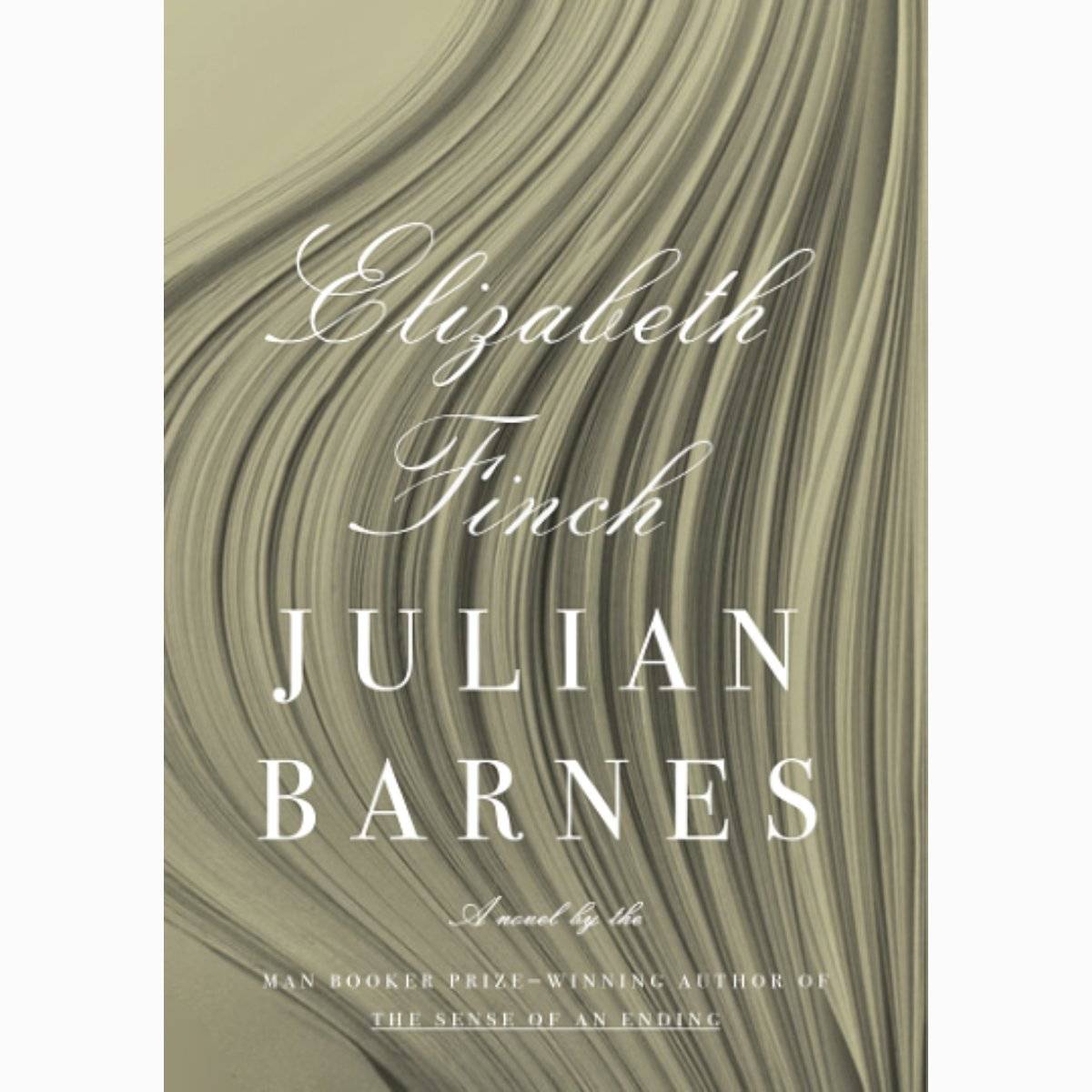
I got this from the library because I heard a radio interview with Barnes, who theretofore had not been on my radar; it is an elegantly written exceedingly intelligent book. Like the narrator himself, I am not 100% certain of the conclusions I have drawn with regard to any of it, but the journey of understanding was mesmerizing.

#12Booksof2022. #April
Just like all his previous work, Julian Barnes‘s evocation of the philosophy of Julian the Apostate was beautifully written and made me think.

She stood before us, without notes, books, or nerves. The lectern was occupied by her handbag. She looked around, smiled, was still, and began.
#FridayReads #FirstLineFriday

Watched an interview of Julian Barnes discussing his new book from his home in London. He is a scholarly gentleman who shared that he can only write his novels on an electric typewriter, which is visible over his right shoulder. Also, he prefers to use his physical 24 volumes of The Oxford Dictionary rather than search words online. Quite frankly, I confused him with Julian Fellowes! I have not yet read any of his books.
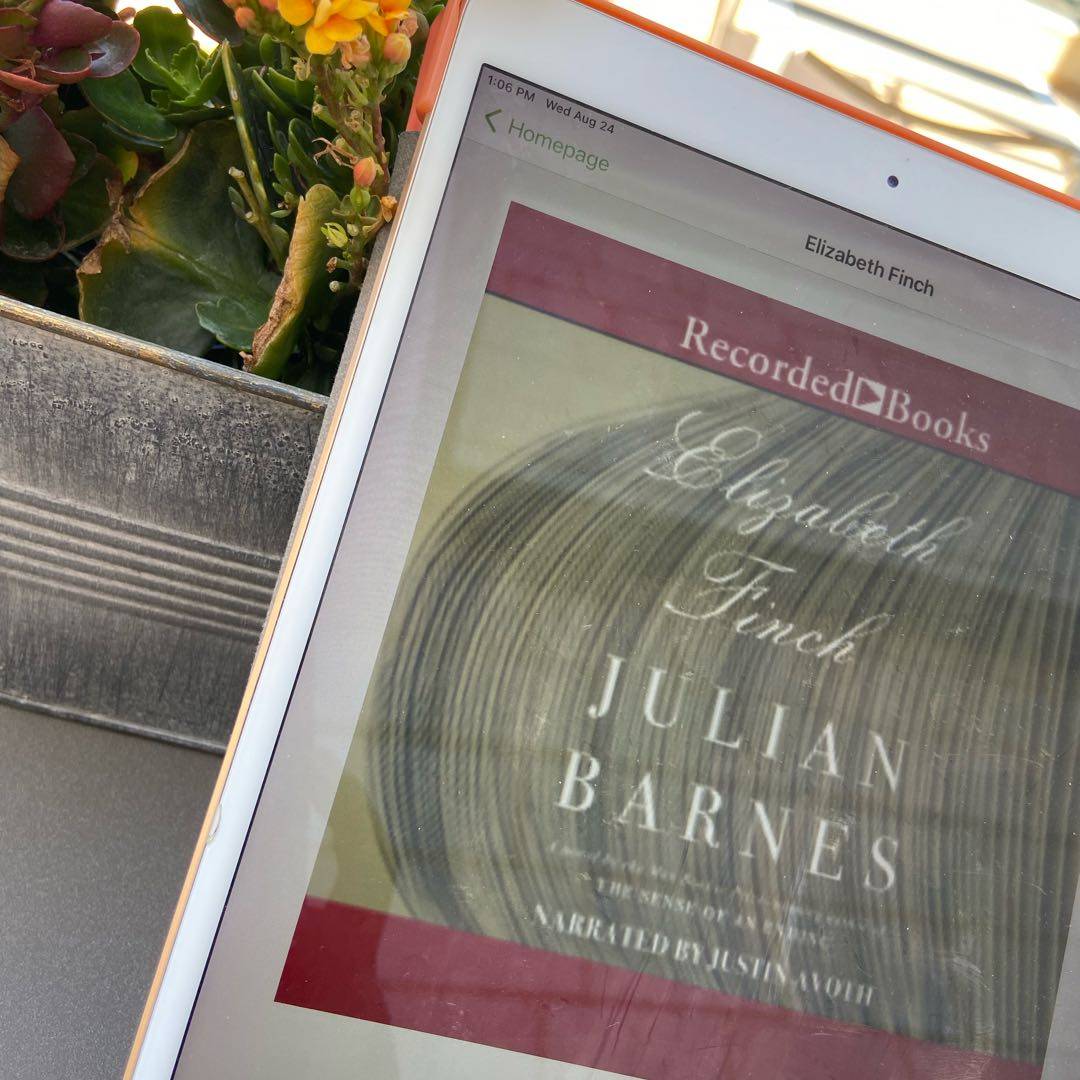
#UpNext #NetGalley #Audio #NowAvailable
Lots of mixed reviews- let‘s see….

Most reviewers are confused by this novel; they think it‘s about the title character but that‘s wrong. It‘s about the narrator and the reader. It‘s about thinking and doing. This is a Julian Barnes book so expect some historical and philosophical asides. And, wow, I was surprised by the section about Julian the Apostate. This book will leave you with questions but in a good way. 🧥
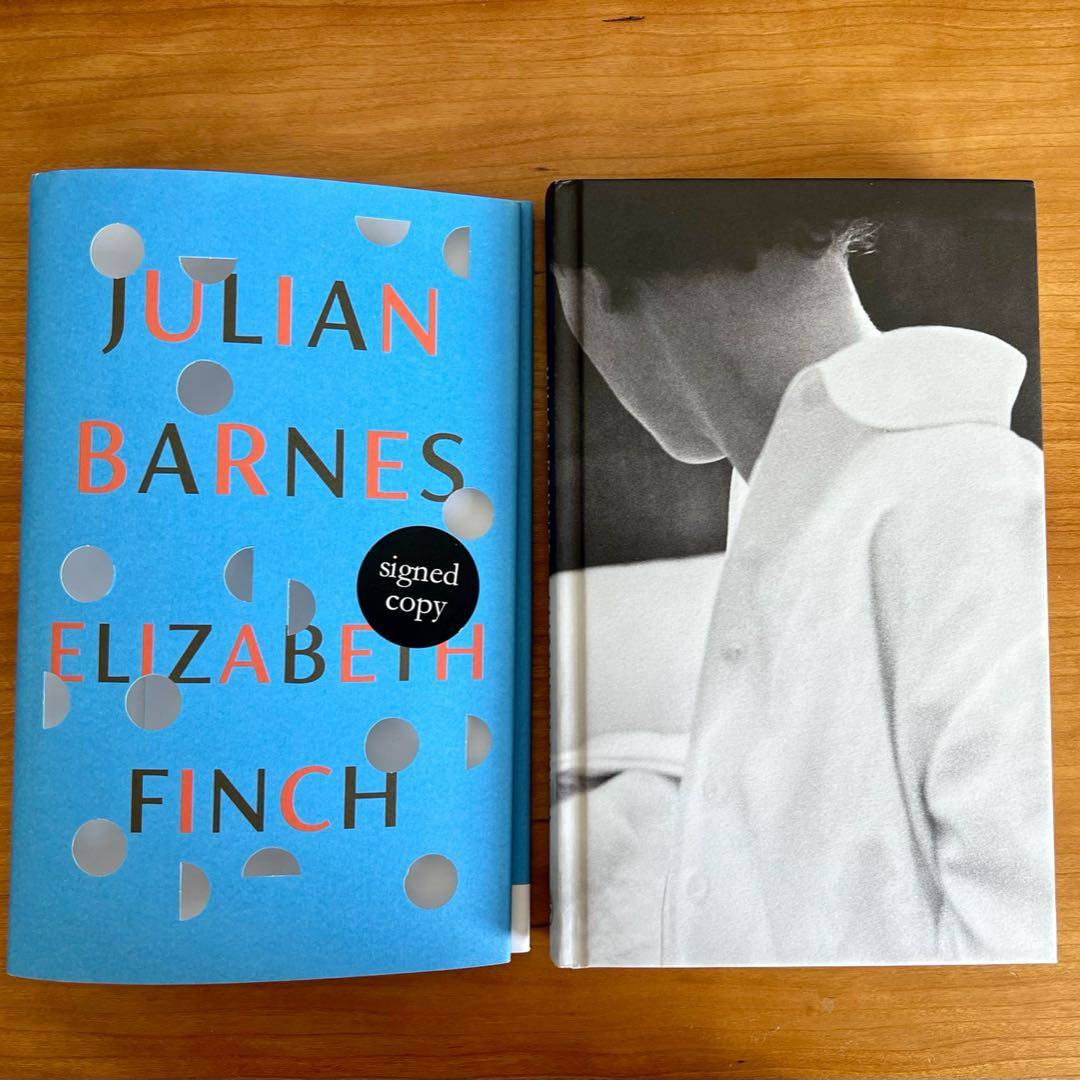
Next up: Elizabeth Finch by Julian Barnes. I loved discovering the photograph under the dust jacket. It‘s from the series The Eye of Love by René Groebli. #currentlyreading

Neil attends an adult education class with Elizabeth Finch as his teacher. This novel is split into 3 almost exactly-sized parts. The first is Neil‘s thoughts about EF, who he seems to worship.
The second part is Neil‘s rather turgid essay on Julian the Apostate, which is the bit I really struggled with; philosophical concepts and religion written in a boring manner.
The final part lifted the book again; I wish the middle part had been ⬇️

Julian Barnes writes beautifully & always makes me think. As a mature age students at a tertiary institution the narrator is entranced by Elizabeth Finch's idiosyncratic teaching & her interest in Julian the Apostate. The novel is his attempt to nderstand more about her & to memorialise her by writing an essay on Julian. A review in The Age newspaper asserted that EF is based on Anita Brookner - no idea if that's true, but it's an interesting idea